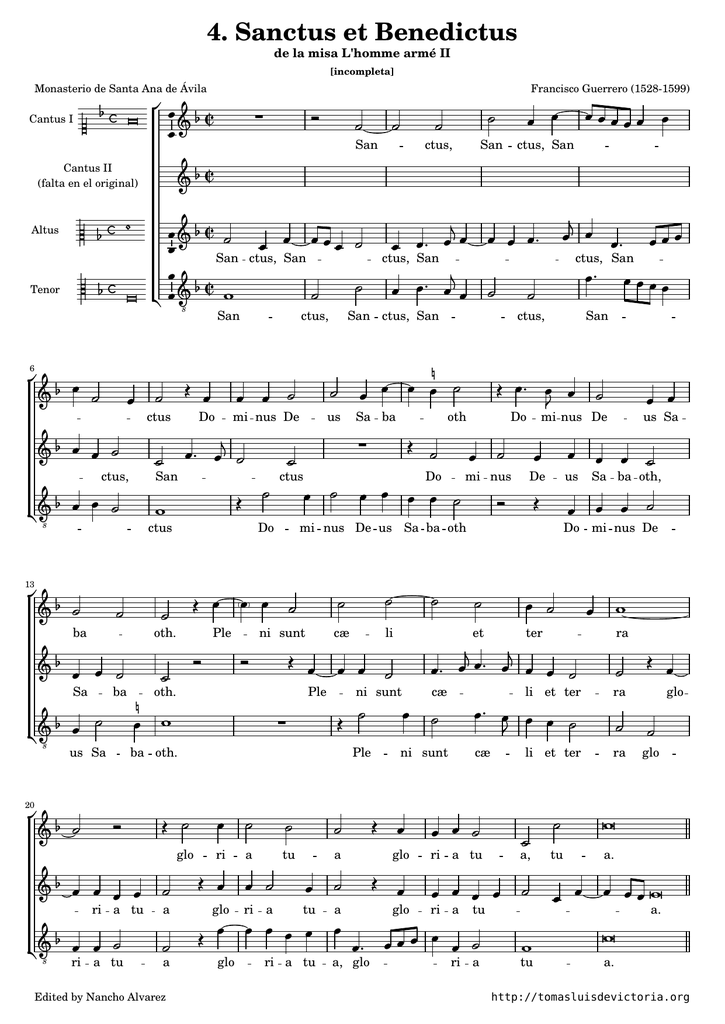
Accordingly, as in all sciences, which have a useful application, so especially in that of politics, theory is supposed to be at variance with practice and no men are esteemed less fit to direct public affairs than theorists or philosophers. Whence it has come to pass that, instead of ethics, they have generally written satire, and that they have never conceived a theory of politics, which could be turned to use, but such as might be taken for a chimera, or might have been formed in Utopia, or in that golden age of the poets when, to be sure, there was least need of it. For they conceive of men, not as they are, but as they themselves would like them to be. And so they think they are doing something wonderful, and reaching the pinnacle of learning, when they are clever enough to bestow manifold praise on such human nature, as is nowhere to be found, and to make verbal attacks on that which, in fact, exists. Philosophers conceive of the passions which harass us as vices into which men fall by their own fault, and, therefore, generally deride, bewail, or blame them, or execrate them, if they wish to seem unusually pious.It called attention to scores of transparent imbecilities … including a dozen or more palpable geographical and historical impossibilities … The answer of constituted authorities was to suppress the "Tractatus", but enough copies got out to reach the proper persons, and ever since then the Old Testament has been under searching and devastating examination.

Spinoza's "Tractatus Theologico-politicus", published in 1670, made the first really formidable onslaught upon the inspired inerrancy of the Pentateuch. Its earliest shining lights were the English philosopher Thomas Hobbes, and the Amsterdam Jew, Baruch Spinoza. it was not until five hundred years later that anything properly describable as scientific criticism.

The man who undertook the ungrateful task was a learned Spanish rabbi, Abraham ben Meir ibn Esra. It was not until the Twelfth Century of our era that the Pentateuch as a whole was subjected to rational scrutiny.


 0 kommentar(er)
0 kommentar(er)
